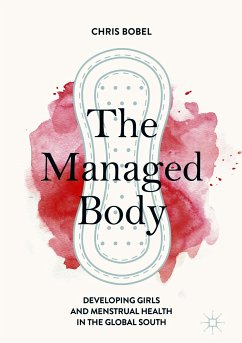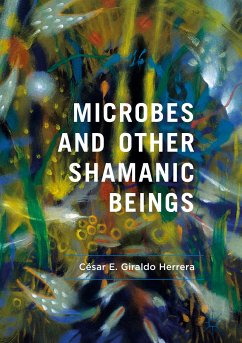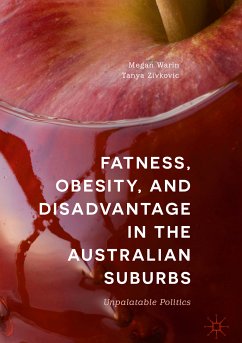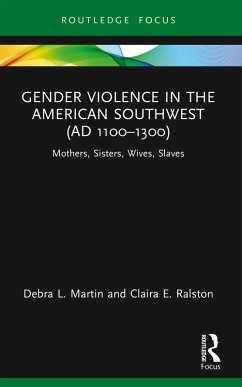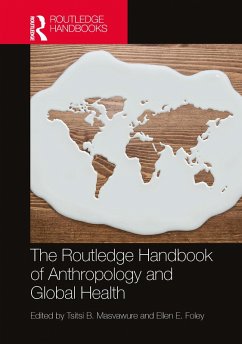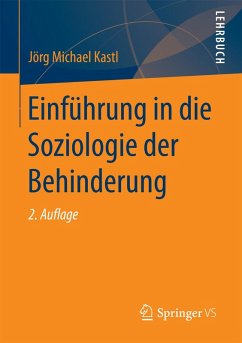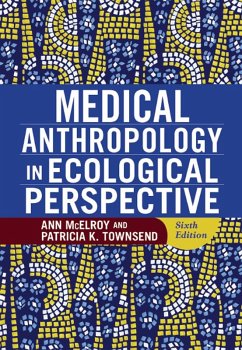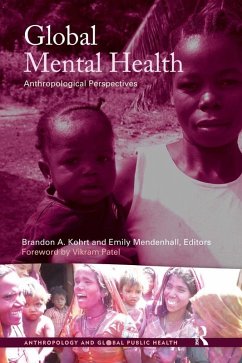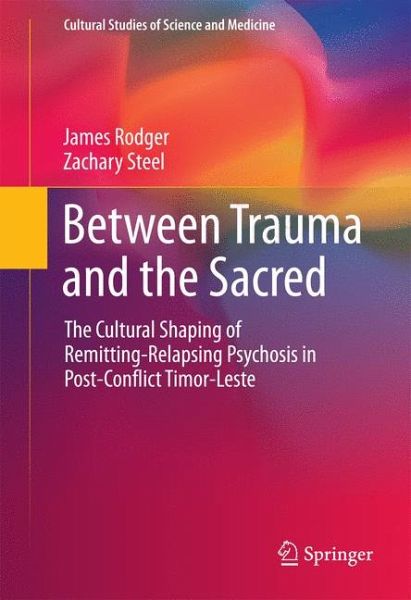
Between Trauma and the Sacred (eBook, PDF)
The Cultural Shaping of Remitting-Relapsing Psychosis in Post-Conflict Timor-Leste
Versandkostenfrei!
Sofort per Download lieferbar
40,95 €
inkl. MwSt.
Weitere Ausgaben:

PAYBACK Punkte
20 °P sammeln!
The relatively frequent occurrence of rapid onset and very brief, but often florid, psychotic states, with periodic recurrence, alongside relatively low rates of PTSD and chronic psychosis, were unexpected findings from the 2004 East Timor Mental Health Study, conducted in the context of the country's recently won independence and in the wake of the atrocities endured in the protracted fight for sovereignty. Further unanticipated was the frequent association of recurrence with the time of the new moon (fulan lotuk) and other times or places of sacred (lulik) or associated cultural significance...
The relatively frequent occurrence of rapid onset and very brief, but often florid, psychotic states, with periodic recurrence, alongside relatively low rates of PTSD and chronic psychosis, were unexpected findings from the 2004 East Timor Mental Health Study, conducted in the context of the country's recently won independence and in the wake of the atrocities endured in the protracted fight for sovereignty. Further unanticipated was the frequent association of recurrence with the time of the new moon (fulan lotuk) and other times or places of sacred (lulik) or associated cultural significance. The perceived violation of culturally sacrosanct lulik obligations often also appeared to foreshadow the initial onset of such patterns of distress. Significant episodes of trauma and loss appeared a hidden feature of affected individuals histories, which we argue have become symbolically entwined with local cultural understandings of ritual obligation, sacredness, and taboo.
This volume develops a dynamic but contextualized multi-level formulation of psychosis and psychotic-symptoms, able to incorporate a range of factors from the biological, through the sociocultural, to the political. The work is truly interdisciplinary drawing on both the quantitative and qualitative findings of our own study but further supported through local ethnography and broader anthropological enquiry into the outcomes of psychosis in non-Western settings; psychoanalysis and psychoanalytic anthropology; evidence and theory exploring links between trauma, dissociation and psychosis; and novel culturally-adaptable psychosocial focused interventions for psychosis. We situate both evidence and theorising in wider epistemological and political context, including in relation to the movement for Global Mental Health. Culturally patterned presentations of brief remitting-relapsing psychosis are ultimately conceived as the trade-off between competing fragmentaryand synthetic forces: the former in part secondary to the lasting and deleterious effects of overwhelming loss, trauma and adversity; the latter emboldened by cultural meaning and social response in the context of broad ecological pressures demanding survival and resilience.
Dieser Download kann aus rechtlichen Gründen nur mit Rechnungsadresse in A, B, BG, CY, CZ, D, DK, EW, E, FIN, F, GR, HR, H, IRL, I, LT, L, LR, M, NL, PL, P, R, S, SLO, SK ausgeliefert werden.



